We’ll still need resilience in 2022

The past two years have been undeniably tough. Victorians know this better than most — living through the longest and most intense lockdown in the world and making it through the other side.
In addition to the serious physical impacts of COVID-19, the ‘emotional rollercoaster’ of 2021 has been extreme. But it has revealed to many of us that we are capable of getting through something far more difficult than we might have thought.
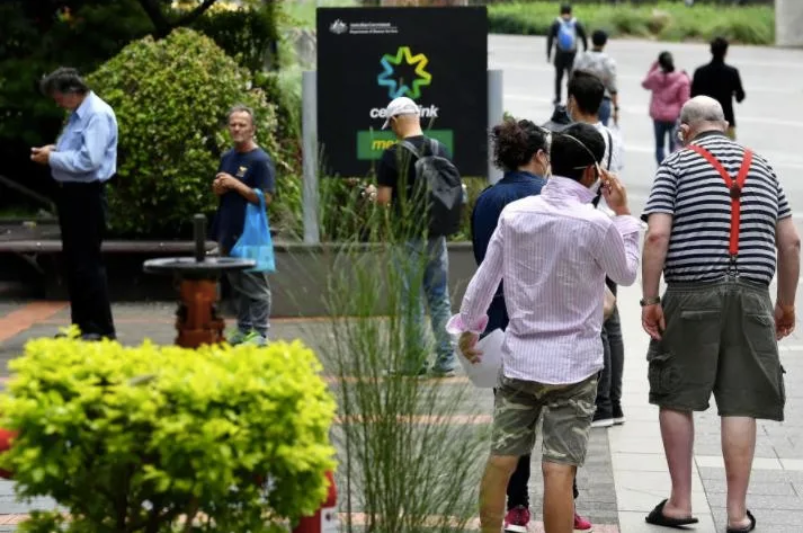
So as new COVID-19 variants threaten to put a dampener on our new freedoms, what can we do to manage our mental health now and in the future? As we farewell 2021, we asked three experts to look back at the year and give us some ideas about what to focus on for 2022.
Grant Blashki
2021 was the year when the scientific predictions about planetary boundaries came true and intruded on all our lives – a global pandemic, record-breaking weather events driven by climate change, and a new appreciation of the reality of global interconnectedness of all populations.
Young people stepped up this year, making enormous sacrifices during the pandemic, shouting from the rooftops to older generations that current climate action is inadequate and becoming powerful advocates of mental health in a year that tested many young people’s resilience.
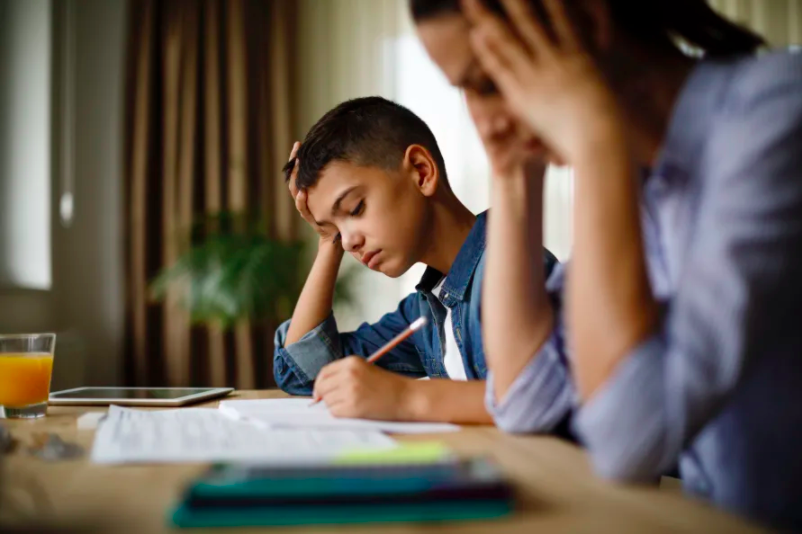
As occurs in individuals, as a society we grew in the face of suffering, a time for greater introspection, a pause from the merry-go-round of unsustainable growth and consumption, and a collective reminder that nature is actually in charge.
At the same time, there was light as Australia kept up the ‘hope budget’ during a tough year of family, social and financial dislocations. The heroes for the year were our scientists and health workers with the marvellous rapid responses to COVID-19 and the extraordinary dedication of health workforces around the world.
Science communicators have been critical in building community health literacy against the headwinds of social media misinformation, and we’ve seen unimaginable public debates in the community, from variants, vaccines to venous thromboses.
In a year that rocked the world, Australia has distinguished itself as a kind, compassionate and innovative society that values its people above all else. As the saying goes, sometimes you don’t know what you’ve got until you’ve really been tested, as we’ve all been in 2021.

Professor Brock Bastian
If you had asked me at the beginning of 2020 how I would have coped with 262 days locked into my own home, I am pretty sure my estimate would have been considerably worse than what became the reality. Let me be clear, like many people, it wasn’t pretty.
We all needed help along the way. I hit the wall several times, and even the thought of going through that again makes me hyperventilate. But it did reveal to many of us that we are capable of getting through something far more difficult than we might have thought. It is hard to know our strengths if they aren’t tested.
This is because building resilience is, in part, about being exposed to some adversity in life.
Research shows that when people are exposed to a moderate amount of adversity in life (this includes accidents, illness, injury divorce or death) they report higher levels of wellbeing and are better at dealing with acutely stressful events compared to those who have too much adversity but also those who have too little.
This suggests that while those hit with unemployment or loved ones passing are no doubt still struggling (and their example puts my own experience in perspective), the research suggests they too will ‘come out the other side’.
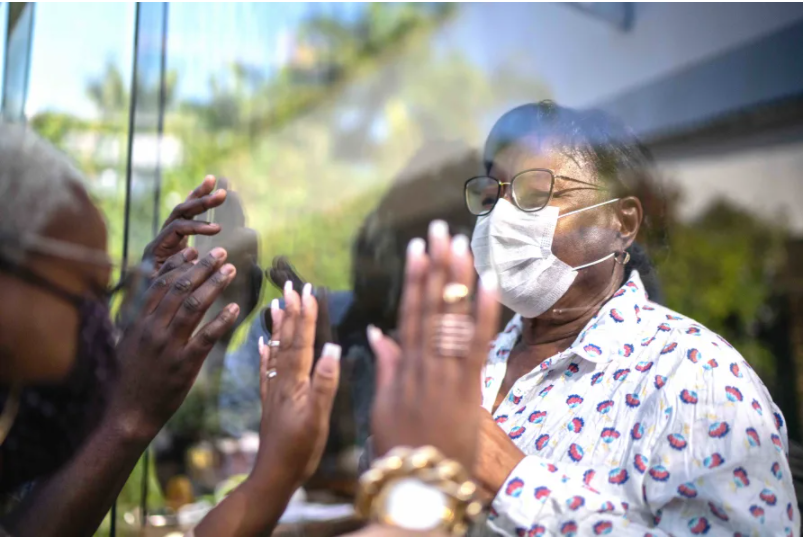
Through these experiences, we also learn how to respond to discomfort in life in different ways, perhaps by seeing some of the silver linings. For example, the emotionally extreme events are often more meaningful, can lead to a sense of community and connection (although perhaps not when it comes to toilet paper) and can focus us on what really matters in life.
Dr Katie Greenaway
As we begin a new year, we still need time to reflect on what we’ve been through – experiences like extended lockdowns have a long term impact on our mental health that we should acknowledge and deal with.
To manage our mental health now and in the future, three science-backed tips give us some ideas about what might work.
Managing Uncertainty
Many people would agree that part of what made the past few years so tough was not knowing when things might go downhill, or when they would resolve if they did.
Uncertainty has a negative impact on our mental health because we become constantly vigilant for upcoming threats and become preoccupied with how to manage them.
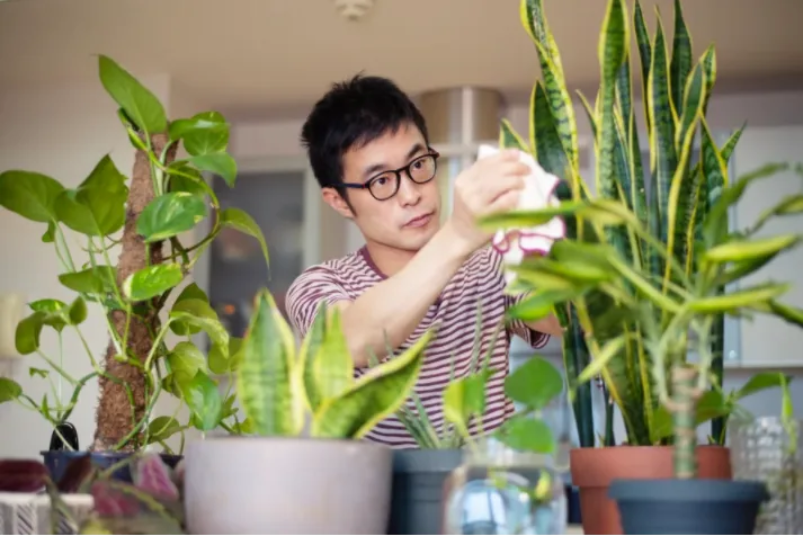
Engaging in mindfulness and trying to accept things we can’t control is an effective strategy for managing uncertainty. It can be difficult not to dwell on the things that preoccupy us, but interrupting these ruminative cycles is the first step toward resilience.
Managing Emotions
A lot of us have been on an emotional rollercoaster going into and out of lockdown. Our lab studies how to manage these emotional peaks and troughs. There are many tools in our emotional toolkit, and finding the ones that work for you is the first step towards feeling better.
One way of changing how we feel is to change how we think. This is a strategy that might take the form of looking for a silver lining in what is happening or thinking about it from a perspective we haven’t noticed before.
Another way of dampening the sting of our emotions is simply to acknowledge and label them. For example, rather than saying you feel ‘bad’, take the time to notice and say whether you feel specifically angry, or anxious, or sad, or something else entirely.
This process helps us get more in touch with our emotions and helps us communicate more effectively with other people.
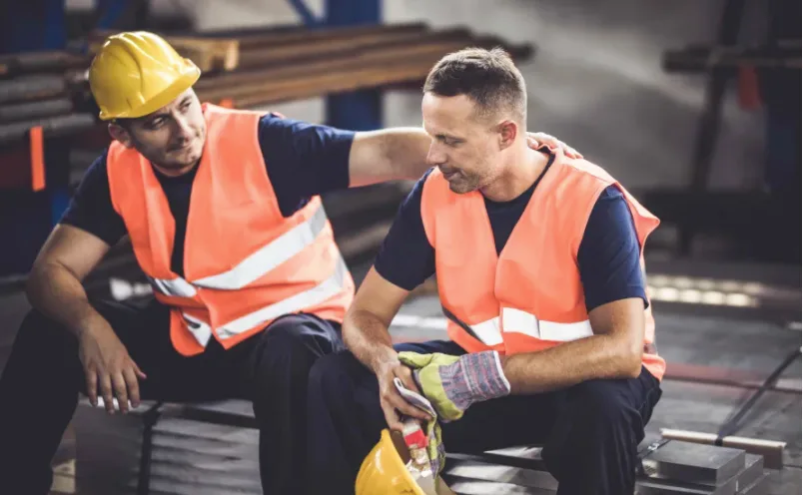
Managing People
Social connections have an outsized effect on our mental and physical well-being —research suggests that having good relationships with others has the same benefit for our health as giving up smoking.
This means that we should be investing in our relationships the same way we invest in our physical health. Reaching out to others for help and support is a great way to stave off loneliness and stay connected.
Another way to implement this tip is to proactively support others, rather than just reaching out when we ourselves need help. Doing so improves the quality of our relationships and can actually improve our own mood.
This article was written by Associate Professor Grant Blashki, who runs the Masters subject Planetary and Global Health at the Nossal Institute for Global Health at the University of Melbourne and is the Lead Clinical Adviser for Beyond Blue; Brock Bastian is Professor in Psychology at the Melbourne School of Psychological Sciences; and Dr Katie Greenaway is a Senior Lecturer in Psychology at the Melbourne School of Psychological Sciences. It was published by Pursuit.
Resources for wellbeing include Lifeline – 13 11 14 and Kidshelpline – 1800 55 1800. Other services include ReachOut – a mental health service for young people and parents with apps and links to other sites; Butterfly and Eating Disorders Victoria – eating disorder support; Beyond Blue – mental health information and support; Headspace – early intervention mental health services to 12-25 year olds; The Brave Program – online program for the prevention and treatment of childhood and adolescent anxiety; On the line – this service provides crisis support and counselling
Open Forum is a policy discussion website produced by Global Access Partners – Australia’s Institute for Active Policy. We welcome contributions and invite you to submit a blog to the editor and follow us on Facebook, Linkedin and Mastadon.











